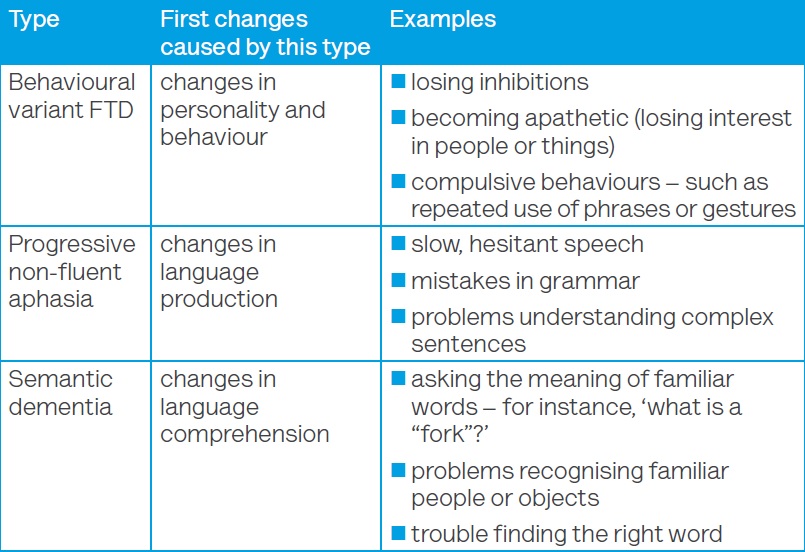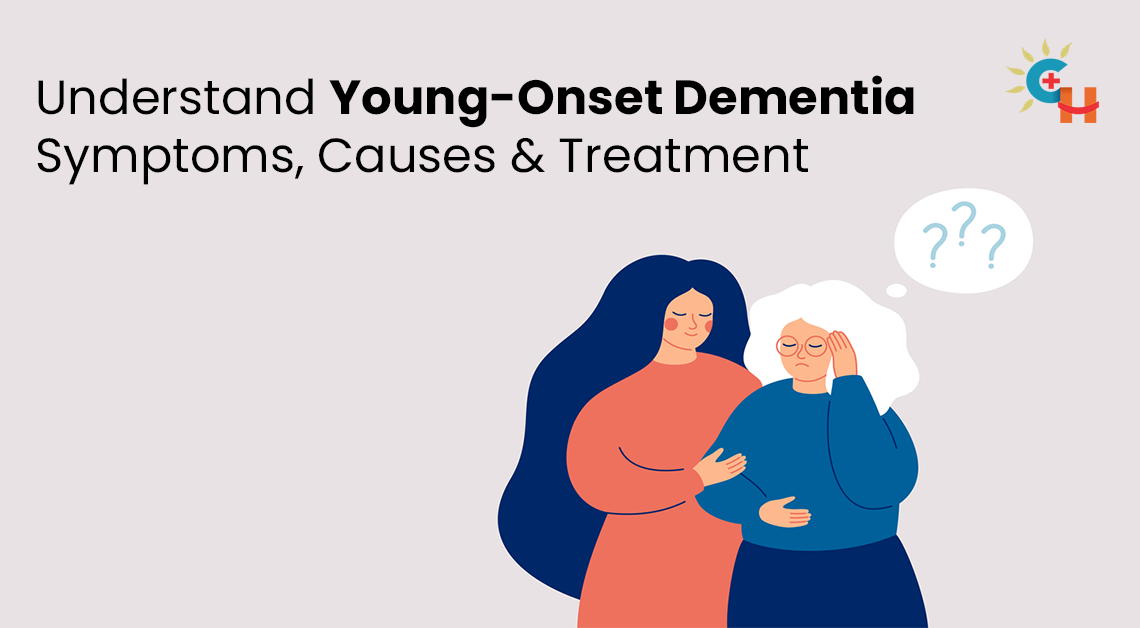A Caregiver's Toolkit for Managing Early Onset Dementia at Home
Recognizing the Effect of Dementia on Life and Caregiving
Mental deterioration influences day-to-day live in profound ways, affecting not just those detected but also their caregivers. As cognitive decline proceeds, you may notice modifications in interaction and regular that obstacle both parties. Comprehending these changes is vital for preserving self-respect and interaction. But exactly how do you adjust your caregiving approaches to sustain somebody traversing this complex journey? The solutions may amaze you as we check out the subtleties of this experience.
The Stages of Mental Deterioration and Their Impacts on Life
As you browse the trip of dementia, comprehending its stages can significantly affect exactly how you handle day-to-day live. Dementia commonly advances with 3 major stages: early, middle, and late. In the onset, you could notice periodic memory lapses or difficulty locating the appropriate words. This can result in irritation, however recognizing these indications early helps you adjust your regular and seek assistance.
During the middle phase, you'll experience extra noticeable cognitive decline. Daily tasks may become challenging, and preserving your self-reliance may require adjustments. Using pointers and simplifying your environment can assist.
In the late stage, individuals often need significant aid with daily tasks. Preparation for treatment ends up being important, concentrating on comfort and quality of life. By comprehending these stages, you're better outfitted to react proactively, guaranteeing you or your liked one can browse the difficulties with dignity and elegance.

Changes in Communication and Social Communication
Just how do adjustments in communication influence your day-to-day interactions as dementia proceeds? As dementia breakthroughs, you may notice that easy discussions end up being tough. Words may escape you, or you may battle to discover the best phrases. This can cause stress for both you and your loved ones. Nonverbal signs, like motions or facial expressions, come to be significantly important.
You might locate it less complicated to link via these ways as opposed to counting entirely on spoken language. Paying attention skills can likewise change; you could discover it harder to follow discussions or remember what was just stated (Frontotemporal Dementia). This can bring about misconceptions or feelings of seclusion
Motivating patience and creating a helpful environment can aid. Involving in activities that promote link, like songs or art, can improve social interactions. Keep in mind, maintaining partnerships is still possible; it's nearly adapting to new methods of connecting.
Influence On Daily Routines and Activities
While maneuvering daily routines, you'll likely see that jobs you as soon as completed effortlessly come to be extra tough as dementia proceeds. You could discover on your own failing to remember steps in familiar routines or having a hard time to remember where you put items.
Planning your day can really feel overwhelming, making it more challenging to stick to a routine. You may require suggestions for visits or to take medicines. Adjusting your environment can help; as an example, labeling products or utilizing checklists can streamline tasks. Taking part in recurring, structured tasks can additionally provide comfort and a feeling of accomplishment. Remember, it's fine to request for aid. Surrounding yourself with encouraging good friends or family can make handling these modifications a little bit much easier.
Behavior and emotional Difficulties
Guiding with daily regimens can produce not just practical challenges, but behavioral and also emotional ones. You may discover changes in mood, such as enhanced anxiousness or aggravation, which can originate from confusion or trouble in completing jobs. As you navigate these moments, it is important to identify that your liked one might express their sensations with actions like anxiety or withdrawal.
These psychological feedbacks can be unpredictable and may occur without caution, leaving you both feeling overwhelmed. You might locate that familiar atmospheres or routines can help in reducing anxiety, yet maintaining patience ends up being considerable. It is necessary to validate their sensations, also if you don't fully comprehend them.
The Role of Caregivers in Sustaining Individuals With Dementia
As a caregiver, you play an important role in giving emotional support for people with dementia. Establishing everyday care regimens can create a feeling of stability and comfort, helping to reduce their anxiety. By recognizing their demands and utilizing effective approaches, you can substantially boost their quality of life.
Emotional Assistance Approaches
When looking after somebody with mental deterioration, understanding the psychological landscape is essential for giving reliable assistance. You'll typically discover that perseverance and empathy go a lengthy method. Verify their feelings; if they reveal complication or irritation, acknowledge it without dismissing their emotions. Basic gestures, like holding their hand or preserving eye call, can develop a complacency. Attempt to involve in activities that they delight in, as this can spark joy and link. Bear in mind to interact plainly and gradually, making use of a tranquil tone. Encourage expression via songs or art, which can work as a powerful electrical outlet. Ultimately, don't neglect to deal with your very own psychological requirements; seeking support for yourself can enhance your capacity to look after them.
Daily Treatment Routines
Developing daily care routines is essential for supplying security and convenience to people with mental deterioration, as these routines can help reduce complication and anxiety. You can start by outlining a regular schedule for dishes, activities, and remainder. This predictability helps your loved one really feel more protected and engaged.
Include acquainted jobs, like folding washing or watering plants, which can stimulate favorable memories and promote a feeling of accomplishment. Usage visual signs, such as lists or schedules, to assist them via the day.
Be flexible, though; adapt routines as needed based on their mood or power degrees. Fall Risk. Bear in mind, your patience and understanding are crucial in steering their altering demands, guaranteeing they feel sustained and valued throughout their day-to-day live
Producing a Safe and Comfortable Living Environment
Producing a comfy and safe living atmosphere is necessary for people with dementia. You'll intend to make home safety adjustments that reduce threats and guarantee familiarity to provide a feeling of convenience. By concentrating on these facets, you can help develop a space that sustains both security and wellness.
Home Security Alterations
As you navigate the obstacles of mental deterioration, making home security modifications can greatly improve convenience and safety. Tag essential locations, such as the restroom and cooking area, with clear signs to assist with orientation. These adjustments not just promote safety however likewise urge self-reliance, permitting your enjoyed one to really feel more at ease in their environment.
Convenience and Knowledge
After guaranteeing a risk-free environment with needed modifications, fostering comfort and familiarity is essential for people with mental deterioration. Start by customizing their room. Use familiar shades, designs, and photos that evoke delighted memories. A favored blanket or chair can offer a feeling of security. Maintain a consistent regular to aid them feel grounded and lower anxiety. Basic, acquainted dishes can likewise develop a calming ambience. Keep paths clear and clutter-free to prevent confusion. Incorporate soft illumination, as intense lights can be disorienting. Think about including calming scents, like lavender, to promote leisure. Participating in acquainted tasks, anonymous such as listening to music or horticulture, can improve their feeling of belonging, making their living setting a real refuge.
Strategies for Efficient Caregiving and Support
While navigating the obstacles of dementia care can really feel frustrating, executing effective methods can greatly enhance both the caretaker's and the client's daily experience. about his Beginning by developing a regimen; predictability aids minimize stress and anxiety for both you and your loved one. Use clear, straightforward interaction-- brief sentences and direct inquiries can protect against complication.

Do not fail to remember to deal with on your own; timetable breaks and link with support system. Sharing experiences with others in similar situations can give important understandings and emotional alleviation.
Finally, remain patient and adaptable. Mental deterioration can bring unforeseeable adjustments, so adapting your technique is vital. By employing these techniques, you can cultivate an extra positive atmosphere that benefits both you and your enjoyed one.
Frequently Asked Questions

What Are the Various Kinds Of Mental Deterioration?
You'll locate numerous sorts of dementia, including Alzheimer's, vascular dementia, Lewy body dementia, and frontotemporal mental deterioration. Each kind impacts memory and cognitive feature differently, so recognizing the distinctions is essential for appropriate medical diagnosis and care.
How Can I Assist Somebody With Early-Stage Mental Deterioration?
You can aid a person with early-stage mental deterioration by being client, providing assistance, and encouraging them to take part in activities they enjoy. Keeping regimens regular and maintaining open interaction can also make a substantial distinction in their everyday life.
Are There Financial Resources Available for Dementia Treatment?
Yes, there are funds offered for mental deterioration treatment. You can check out government assistance programs, not-for-profit companies, and insurance options. It's likewise smart to seek advice from regional firms for details sources customized to your scenario.
What Lawful Factors To Consider Should Caregivers Be Conscious Of?
As a caretaker, you need to consider power of lawyer, health care proxies, and guardianship laws. It's vital to recognize the lawful rights and obligations you hold, guaranteeing your loved one obtains suitable care and defense.
How Can I Deal With Caregiver Anxiety?
You can manage caretaker tension by prioritizing self-care, seeking support from friends or groups, establishing sensible expectations, taking breaks, and practicing relaxation strategies. Keep in mind, your well-being matters equally as much as the person you're caring read the article for.
Recognizing the Influence of Dementia on Daily Life and Caregiving.
As you navigate the journey of dementia, comprehending its phases can noticeably influence just how you manage daily life.While navigating everyday regimens, you'll likely discover that tasks you when finished effortlessly come to be a lot more difficult as dementia proceeds.Developing daily treatment regimens is vital for offering stability and convenience to people with mental deterioration, as these regimens can help reduce confusion and anxiousness.While navigating the difficulties of mental deterioration care can feel overwhelming, executing efficient methods can significantly enhance both the caretaker's and the person's day-to-day experience.